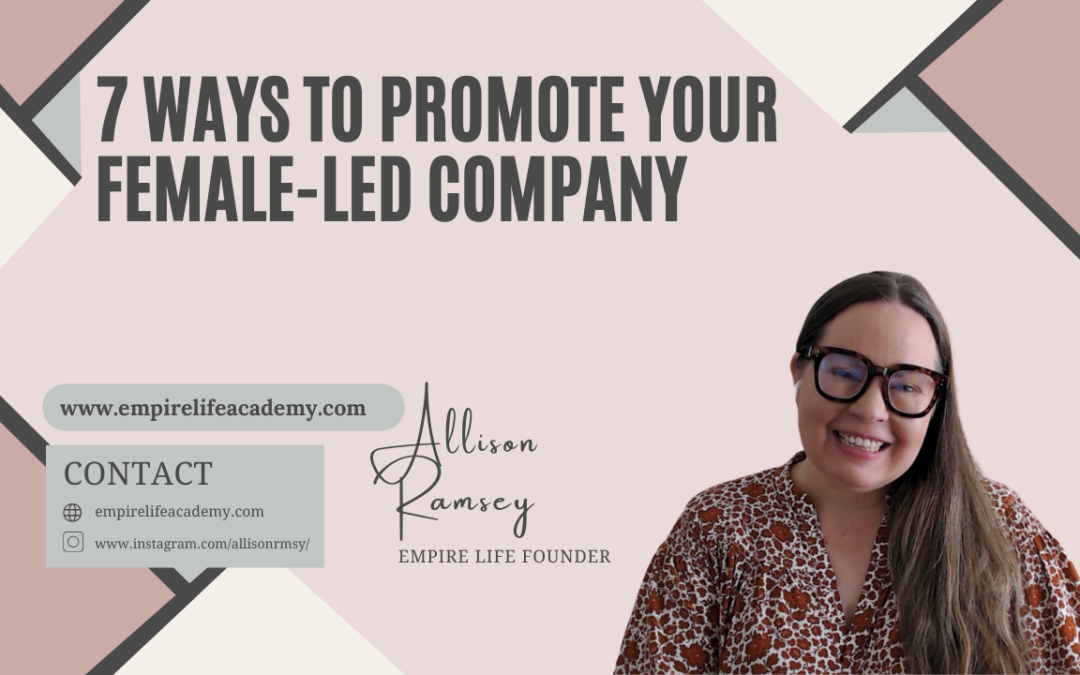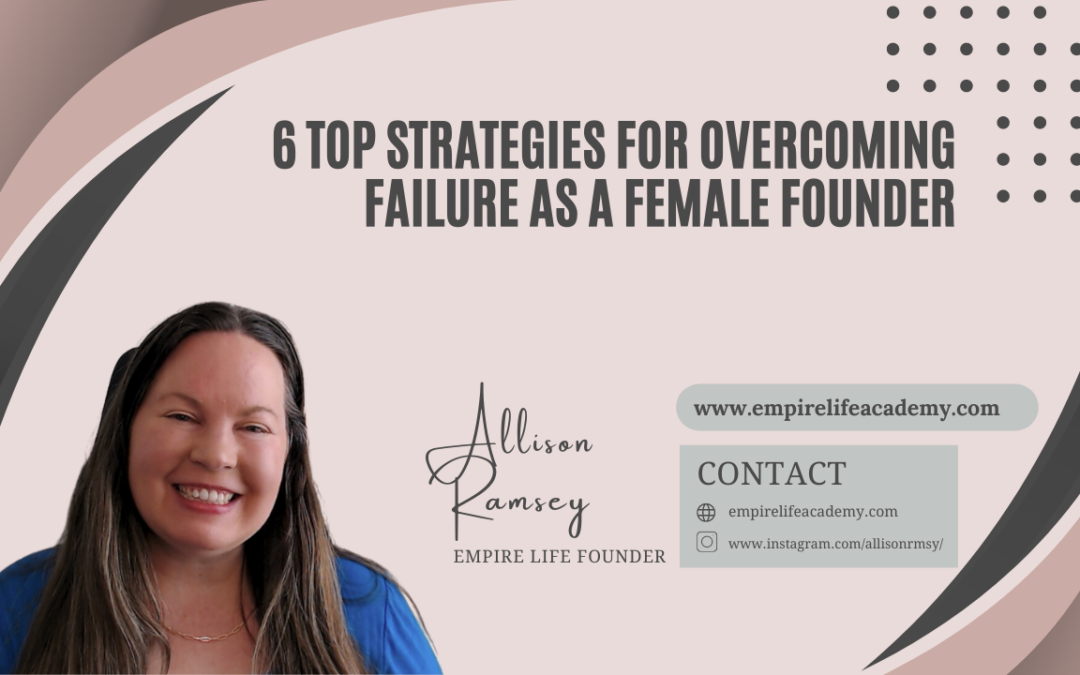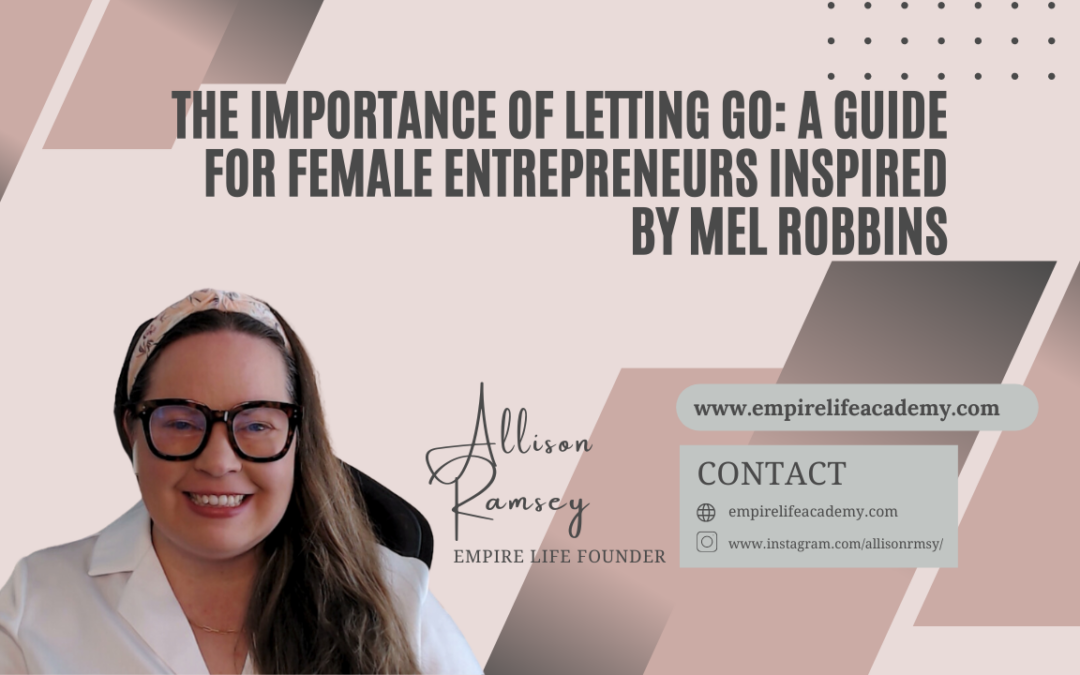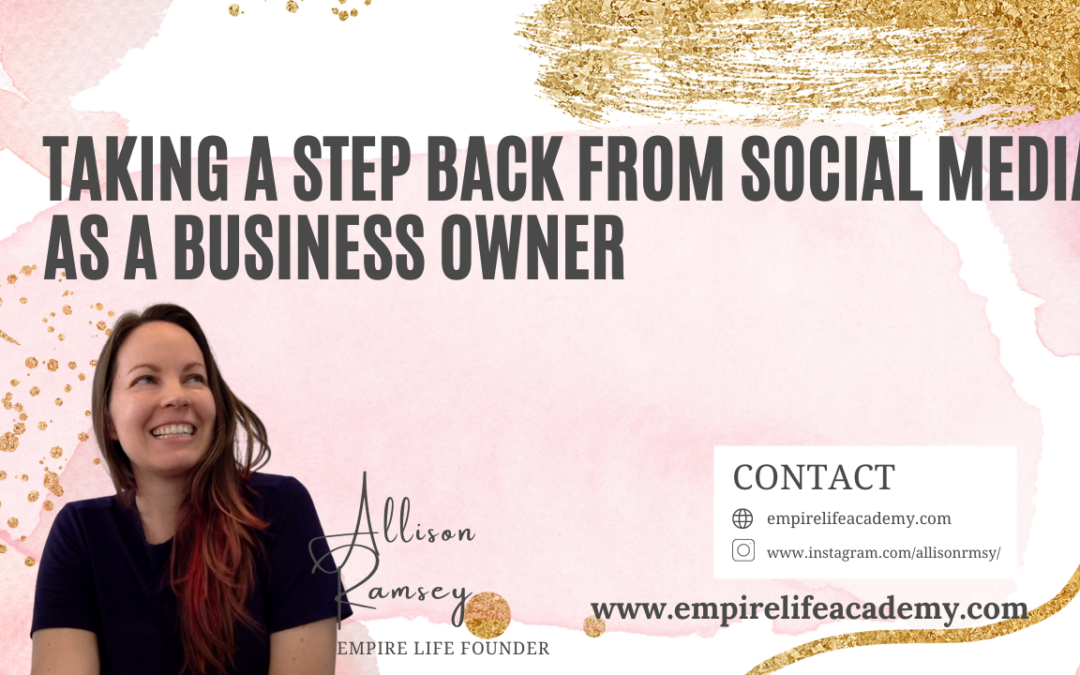Taking a step back from social medial as a business owner
If you have ever wondered how to start the path to taking more time away from social media and why it is healthy for you and those you are around…this is the article for you!
Yet, hey…when you are on social media, we hope, if you are a female-identifying founder you spend your limited time there with us here → It’s also about feeling accepted and part of amazing communities.
However, disclaimer we will not be able to cover everything in one blog article and we are not counselors, we are only speaking from our personal experiences and thoughts.
This particular article can start the process of not taking social media into your personal life as much, the overall health benefits of this, and especially mental-health benefits of this.
Seems these days when we are in public places everyone is glued to their phones.
That it can be easy especially if a person has an online company, an online personality, is an influencer, and generally makes an impact online, to bring this into our personal lives all the time.
Instead of making a line, a clear boundary between what we will share online and what we will not share, and a clear line about how we probably do not know our online followers as well as our in-person friends and family.
It can start to feel as if our online followers are close to us and us close to them to ask them personal questions and advice, and also for them to ask us in videos and comments. When the lines become blurred.
If and when we might be “over-sharing” others might feel they are closer to us than they actually are and blur the lines into unhealthy communication.
Yet what is “over-sharing” in this day in age on social media?
If we look around on social media it could look as if everyone who is making an impact has to overshare.
If you see this is true above there can be immense pressure to “overshare” yourself. If we do not take a second to decide what you will be comfortable sharing and what you will not share.
If it looks as if everyone is oversharing or even worse we might not register that they are oversharing because it has become the “new normal” on our social media homepage.
On social media – We can easily find super inappropriate things and super inspiring things.
Really anything you might want to see (or unsee!) you can find online.
It is for us to decide what “oversharing” is for us and how we want to show up online.
There are plenty of upsides to online connection, but how do we find balance with the constant flurry of input from friends, family, and brands constantly wanting for our attention?
On top of that, 29 percent of respondents said they need at least a few days of break to benefit from a social media hiatus, while that number jumps to 46 percent among 15 to 24-year-olds.
That’s why we’re challenging you to take an introspective look at how your social media behavior affects your mental well-being.
————–
Your Businesses ROI
All of the coaches and the female-led businesses who implemented Empire Life’s business strategies in client leads, monthly income (often a 20X increase from when they started with Empire Life’s support), and client retention after having Empire Life Mentorship, apply here.
————–
What Is Appropriate For Social Media And What Is Not
What’s appropriate and not for social media has changed a lot in the past year.
One hard truth of the pandemic was that, was we were instructed by our governments that in order to someday be together safely, therefore we had to be apart in the meantime.
For many, this meant that social media has become one of the only ways to be with friends and family, many people have flocked to platforms such as Facebook, TikTok, Twitter, LinkedIN, Instagram, and Clubhouse.
The new normal, where many more of our daily interactions are mediated by screens, has made us change the way we behave on those platforms, with the realities and the messiness of the pandemic life crowding out some of social media’s posturing and perfection.
These sites have been a social lifeline to a lot of people as well.
Twitter, especially, shone as a real-time news source.
The pandemic made social media suddenly more relevant.
After years of social fragmentation, during which people were less likely to have watched the same shows or even share the same reality, people suddenly had something they could all talk about.
“One thing that brings people together is shared experiences,” Karen North, a clinical professor of digital social media at the University of Southern California, told Recode. “All of a sudden we all have a shared experience.”
Americans spent on average 82 minutes per day on social media in 2020 from eMarketer’s original forecast.
The media measurement firm previously estimated that time spent on social media would remain the same. But in 2020, concerns about screen time — and “time well spent” — went out the window.
What’s less clear is whether or not people are posting more, but it seems to vary by person and platform.
We asked Empire Life readers and people on our own social feeds to tell us how they use social media differently now compared to before the pandemic and received dozens of insightful responses about how that relationship has changed.
Some people told us that while they are scrolling on social media more, they’re posting less — indeed, what’s there to post about when you are stuck at home doing the same stuff over and over? Commonly shared milestones like birthdays and weddings were postponed or downsized, and people fear coming off as celebratory when there was that much suffering, or at least so much judgment.
Some said they are posting to social media more, as an outlet for pent-up creativity.
“The ability to connect via so many different platforms not only helps alleviate feelings of isolation but increases the sense of psychological comfort,” said Pamela Rutledge, director of the Media Psychology Research Center. “It makes people feel less lonely and less fearful to know they aren’t dealing with this alone.”
———-
Have you had a chance to grab our best-selling book, with women stories of their rising to success, and Redefining their success.
If you want to be featured in the upcoming book RECLAIM, Series 2, are you a female founder, with an incredible story to share with millions to inspire them, apply here.
———-
Many Empire Life Blog readers reported extremes in their social media use: periods of constant usage that ultimately led them to feel anxious or overwhelmed, which resulted in cutting off social media usage altogether.
“I found myself feeling insanely guilty and anxious,” Matthew Kiernan, a teacher in Florida who has stopped using Facebook and Instagram, told Recode. “I’m a member of a lot of education pages and groups, and so people seemed to be doing a lot of performative posting about the wonderful things they were doing in their classrooms with their students virtually. That didn’t really resonate with me because I truly felt like even attempting to do some of that was driving me insane.”
The urge to delete social media has, ironically, been very evident on social media, where people have been increasingly talking about deleting their accounts completely, according to social listening company Brandwatch. July 2020 by far had a record number of monthly mentions of deleting social media, according to the company’s data, and rates remain accelerated.
“In the pandemic we’re constantly looking for that social stimulation,” Terry said. “Social media somewhat filled the gap but not wholly.”
Complaints and posts complaining about social media aside, overall visits to all major social media sites have continued to grow since the onset of the pandemic, according to data from SimilarWeb, which found visits to major social sites still far above 2019 levels.
User growth was most dramatic on sites like TikTok and other social video platforms — what eMarketer principal analyst Debra Aho Williamson refers to as “social entertainment.”
According to data from customer experience management software company Sprinklr, nearly three-quarters of mentions of “social media” on social media and news sites in the last year had negative sentiment.
In contrast, the majority of mentions of TikTok were positive.
“People were looking for something to entertain themselves and not finding it as easily on platforms like Facebook,” Williamson said, noting that TikTok encourages more levity. “It forms connections in a different way, watching strangers talking openly about their lives.”
Getting Rid Of Perfection, And Adding In More Real Life
The pandemic has generally accelerated existing trends like shopping online and working from home.
Another fad that went fastly popular is the reversal, in some cases, of social media as an inspirational place of perfection.
Therefore when social media posts, especially grid photos on Instagram, have long been criticized for their idealized and unrealistic portrayal of people’s lives, there was less of that during the pandemic.
Instead, things got a little ‘more real’: Children were home, people didn’t wear makeup, and some houses were a mess.
“The less polished, more real side is appealing and is going to stay,” eMarketer’s Williamson argued. “The idea of the airbrushed, perfect influencer is probably a thing of the past.”
Nadia Ahmed, a sexual health physician in London who’s alternated overuse with deleting her accounts completely, told Recode, “I’ve also tried to not look at influencer accounts as much. In fact, barely, because it upsets me big time.”
Oxford, from We Are Social, said she’s noticed fewer posts on Instagram’s grid. When people do post there, she says the posts feel more introspective and intimate than they had been before.
Some people have found solace in social platforms’ seeming move to more honesty, with people expressing more realness.
Visits to TikTok’s website grew nearly 600 percent on average in 2020 compared to the year before, according to SimilarWeb. Meanwhile, visits to Instagram were up 43 percent, Twitter 36 percent, and 3 percent for Facebook.
———-
Have you joined Quora yet? To speak your mind, ask questions, and display yourself as an expert there.
———-
When used in moderation, social media apps can increase a person’s sense of wellbeing by providing entertainment and connection.
Many studies have found that excessive use of social media platforms heightens the risk for loneliness, anxiety, and depression.
The good news is that even a short break from social media can make people feel better!
“If you are feeling tension, pain, or having trouble taking a deep breath, turn it off,” E. Alison Holman, a professor at the University of California, Irvine, told Healthline.
Mental health experts advise people to regularly evaluate how social media is making them feel.
People may need to rethink their social media use if they are getting easily frustrated by people’s comments or posts, checking notifications even when in the company of others or during an activity with family and friends, missing deadlines because they are distracted by their phones, or getting into arguments on social media.
A study published in May found that a one-week break can significantly improve anxiety, depression and overall well-being.
The study involved 154 people, ages 18-72, who averaged eight hours per week of social media use prior to the study. During the study, those who were selected to refrain from social media averaged about 21 minutes of screen time. The others averaged about seven hours.
“Many of the participants reported positive effects from being off social media with less anxiety and improved mood overall. This suggests that even just a small break can have an impact,” said lead researcher Jeff Lambert, of the University of Bath in the United Kingdom.
Other research also has found that a social media break can be a healthy decision. One study found that people who put their phones away at night sleep better because they are not waking up throughout the night to check their phones.
Another study found that reducing social media use diminishes stress. Other research identified the addictive nature of social media and the urge to check phones for messages as risk factors for anxiety, depression and psychological stress.
Additionally, a 2018 study found that limiting social media use to about 30 minutes per day reduced feelings of loneliness and depression in college students after three weeks.
Other experts say the best long-term plan is for people to determine the amount of social media time that brings them joy and to stick to that amount. Setting a timer can help prevent people from getting lost on the internet.
———–
For the female businesses who are scaling, who are already making over $20,000USD-$40,000USD per month, there needs to be a different and unique level of support, just for you. This leads me to our mastermind (doors opening soon!!), and masterminds in general to be a part of, contact us and apply here.
———–
This will benefit you in your business and eventually (with great sales tactics too, more about this here) more conversions to client. Plus in your personal and business life if you are able to decide where you will spend your time on social media, if you have a team decide what their repsondibilities will be on social media, and set a timer to limit time one can also set the amount of time they will spend everyday on social media.
These are some of the areas you can also connect with Empire Life Instagram, Quora, Pinterest, and the Facebook Group.
I have written many professional blog articles about making a huge impact and scaling your business here, here, and here.
———–
If you have been thinking about raising your prices, championing your value, and raising your value and worth, this is something I cover in the freebie, Raise Your Prices Guide, here.
Highly suggest to make a list of all the activities you do on social media for your business and decide which of those activities you can outsource. This will allow you to spend less time in general on social media and get back to being present and living your life, which is probably a “full” life.
———-
Are you interested in money mindset, there is a lot about money mindset in our best-selling book, REDEFINE.
———-
Hoping this article finds you well, and as always we love to hear from you in the comments!
HOW TO GET IN TOUCH WITH EMPIRE LIFE
You can also find more information about Allison Ramsey, Facebook Digital Marketing Professor & Empire Life Founder at Instagram, LinkedIn, Website, and Twitter.
To learn more about getting started with Empire Life in launching and scaling your online empire you can contact Allison, Founder of Empire Life, on Instagram and LinkedIn.
“The ability to connect via so many different platforms not only helps alleviate feelings of isolation but increases the sense of psychological comfort,” –said Pamela Rutledge.
our Recent blogs
Check Out The Most Recent Blogs.

7 Ways to Promote Your Female-Led Company
7 Ways to Promote Your Female-Led Company Taking the leap into your own business is like exploring uncharted territory – you're bound to hit some bumps along the way. However, these setbacks are totally normal and happen to everyone, not just you. Knowing that failure...

6 Top Strategies for Overcoming Failure as a Female Founder
6 Top Strategies for Overcoming Failure as a Female Founder Ladies, building your own business is like riding a roller coaster – exciting, scary, and full of twists and turns! However, being a woman entrepreneur can feel like you're on the "extra bumpy" path...

The Importance of Letting Go: A Guide for Female Entrepreneurs Inspired by Mel Robbins
The Importance of Letting Go: A Guide for Female Entrepreneurs Inspired by Mel Robbins In the realm of personal and professional development, the concept of "letting go" serves as a cornerstone for growth, resilience, and success. For female entrepreneurs navigating...
Let’s scale your online empire.
Say Hello!
Hi There! We will love to hear from you! Come Find Us on social and dm us!


You really make it seem so easy with your presentation but I find this matter to be actually something which I think I would never understand. It seems too complex and extremely broad for me. I am looking forward for your next post, I’ll try to get the hang of it!
Dear empirelifeacademy.com, Thanks for the well-researched and well-written post!
Empowering women to dream big, your blog is invaluable.
Your blog is a source of empowerment and encouragement for women everywhere.
Many people would be inspired to write again because of this article. It is outstanding.
Where can I subscribe? I like everything about this creative post.
You are doing a great job in this career.
What a very impressive blog!
I will definitely bookmark this one!
I am officially in love with this article, and I don’t regret it.
For some reason, this article brings me comfort.
And of course, another great article from you!
It’s not complicated and not hard to read so I like it.
I like how you chose a topic that not a lot of bloggers used as theirs.
I like how the design greatly reflects the content and vice versa.
Did you take lessons for you to be an amazing writer?
Your writing is so authentic and genuine.
Your writing is so informative and educational.
Kudos to the author for such insightful and supportive content!
Nothing is incorrect. Thank you!
Women founders are an inspiration to us all.
Love the practical advice for women in business.
Essential insights for anyone in the entrepreneurial ecosystem.
Essential insights for anyone in the entrepreneurial ecosystem.
Love the focus on breaking the mold for women entrepreneurs.
Women entrepreneurs are breaking barriers every day!
Leading the charge for women in business – love it!
Female entrepreneurs, this is a must-read!
Women entrepreneurs are a force to be reckoned with!
Such an empowering read for women in business.
This article hits all the right notes for female empowerment.
Uplifting and so needed in today’s business world.
Your blog is a testament to the potential for positive impact in the digital space.
Your ability to engage readers through your writing style is truly commendable.
Your blog is a source of motivation and inspiration for aspiring writers.
Your blog is a testament to the potential for positive change through the written word.
Your ability to communicate complex ideas in an accessible manner is truly commendable.
Your ability to engage readers through your writing style is truly commendable.
Your blog is a source of motivation and inspiration for aspiring writers.
Your blog is a testament to the potential for positive change through the written word.
Your blog is a source of intellectual nourishment in a busy digital world.
The eloquence of your writing style on the blog is exceptional.
Your blog is a source of joy and inspiration for readers.
It’s evident that you’ve invested a great deal of thought into this, and your ability to articulate complex ideas in such a clear and comprehensible manner is truly commendable. Thank you for generously sharing your knowledge and making the process of learning so enjoyable.
Your blog is a testament to the impact of well-crafted content.
The relevance of your content on the blog is commendable.
The diversity of perspectives on your blog is refreshing.
The diversity of perspectives on your blog is refreshing.
Your blog is a sanctuary for those seeking beauty in words.
Your words are not only informative but also heartwarming. Thank you for sharing your insights.
The blog is beautiful and sufficient for me.
Your blog is a source of inspiration for aspiring writers.
The aesthetics of your blog are visually stunning.
Your blog has now become my go-to source for insightful content.
The content on your blog is both informative and inspiring.
Each post on your blog is a work of art.
Your blog is a masterpiece of creativity.
Your dedication to your writing journey is truly admirable—keep going!
It’s exciting to come across an article that not only gives valuable information but also keeps the readers engaged from start to finish.
Found this on Google and I’m glad I did. Well written article.
Way cool! Some extremely valid points!
Thank you for generously sharing your knowledge and making the process of learning so enjoyable.
Is the author still around? I’m hungry for more content about this topic on the blog!
Your writing is a testament to the transformative power of well-crafted words.
Your ability to break down complex topics into digestible pieces is commendable.
Your commitment to excellence is evident in the depth of your research.
Your blog serves as a guide for those seeking clarity in a complex world.
Your commitment to providing valuable insights is commendable.
Your blog is a testament to the impact of continuous learning.
Your blog is a testament to the transformative power of education.
Your ability to distill complex information is a gift to your readers.
Your blog serves as a beacon for those seeking thought-provoking content.
Your blog is a showcase of the profound impact of well-crafted writing.
Your insights are a guiding light for those seeking clarity.
Your blog serves as a reliable guide for those navigating the subject matter.
Your blog is a valuable resource for professionals in the field.
Your words have the ability to spark important conversations.
Your ability to simplify complex concepts is commendable.
Your blog stands out for its originality and creativity.
Your blog has become a trusted source of reliable information.
Your blog is a go-to resource for anyone seeking knowledge.
I couldn’t agree more with the insightful points you’ve articulated in this article.
In a world where trustworthy information is more crucial than ever, your dedication to research and the provision of reliable content is truly commendable.
Your blog is a beacon of insightful wisdom.
Your blogs are like seeds of inspiration; plant them, and watch them bloom in the minds of others.
It’s evident that you’re dedicated to providing valuable content.
You must proceed your writing. I’m sure, you have a great readers’ base already!
Magnificent put up, very informative.
Writing is a journey of growth, and your blogs are the milestones marking your evolution as a writer.
Demonstrates a strong sense of pacing in storytelling.
Consistently crafts content that encourages reflection.
Demonstrates mastery of the art of storytelling.
I really liked your blog post.Thanks Again. Fantastic.
I looked on the net to the issue and found most people go together with together with your web site.
The writer creates compelling points.
Well-designed as always.
Attractive component to content.
I always tell my friends that if they want to take a social media detox, then do it. No matter how they are wealthy as business minded people, they still need to rest anyway.
Encourages reader participation.
There was a time where I took a one month break from social media and everything felt easier and productive. So, please if everyone can takee a break, give yourself a break for while, okay? You got this, rooting for you!
I think we should sometimes take a break from social media to reflect on things that we need to work on. I agree with this blog article.
I hope you’d choose yourself before anyone else, please take some time to rest most especially from social media. Xoxo.
Sometimes, you have to be selfish enough and choose to take a break for a breather. This is true enough.
Easy blog to understand for a beginner like me.
The diverse perspectives shared in this article are enriching and the website’s commitment to quality is a breath of fresh air.
I think being active in social media is essential when owning a business.
Your article’s eloquence shines through its imagery.
Your blog is a testament to the transformative power of words.
Having read this I believed it was extremely informative.
I appreciate you spending some time and energy to put this informative article together.
Remember, taking a step back doesn’t mean abandoning social media altogether. It’s about finding balance that allows you to maintain a healthy online presence while focusing on your business’s priorities.
Sometimes, we become so absorbed in our online personas that we lose touch with the real world. Stepping back helps you reconnect with your personal life, spend quality time with family and friends, and rediscover the value of face-to-face interaction.
The care and attention to detail in your blog posts are evident.
As a business owner, social media detox gives you the mental space to come up with fresh ideas and strategies for your company. It’s a great way to recharge your creative batteries.
Your blog is a feast for the mind and the soul.
Social media detox allows you to establish a healthier work-life balance. it can also improve your overall well-being and make your business more effective, good luck!
I’m in no position to judge this article but for me, it is good.
I hope you take care of yourself first before anyone else.
You’ve ended my four day long hunt! God Bless you man. Have a great day. Bye
Consistently produces content that leaves a lasting impression.
Demonstrates mastery of the art of storytelling.
This is accurate enough
Thanks 1,000,000 and please keep up the rewarding work.
Thanks 1,000,000 and please keep up the rewarding work.
Effective use of white space.
Thoughtful use of different designs.
Hey, I’m Lars and I’ve been on a social media break ever since last month and I can assure you that life became radiant for me. This is actually a huge help for me!
Hey, Mary here. I own a bakeshop that has been running for 30 years now, and as someone who have been going through stress lately I actually decided to take a break from social media and I can say life has been refreshing these past few months. I hope you’d sometimes take a break on social media, too.
Encourages open dialogue.
I just love how the blog features a story that is really interesting.
The author’s writing style is a kaleidoscope of literary brilliance.
The writing style is imaginative.
You really should take a break sometimes to assess how you feel and monitor your well-being. Sometimes, social media takes a toll on us negatively and we just don’t notice how this influences us.
Helpful tips and advice.
It is a literary masterpiece that stands the test of time.
You actually make it seem so easy with your presentation but I in finding this topic to be actually something which I believe I might never understand. It seems too complicated and extremely huge for me. Still, you did a great job!
I rarely see blogs that are full of knowledge. Good thing I came across this one!
Sweet! Nice to see a blog that has some sense in to it.
Thank you for your articles. They are very helpful to me.
Thanks for discussing your ideas, it really helped me understand the topic more and see it in a different light.
It is a symphony of language that resonates with readers.
Sometimes, you have to take a breather and see what’s best for you.
Really looking forward to read more beautiful ones like this.
https://kamagra.icu/# Kamagra 100mg
I agree with some here that while social media is important, you need to take a step back for some time
Hm.. I don’t really fully agree with this but thanks for sharing
Isn’t social media really important for a business owner though?
This is what I’ve been searching for as a reference since I’ve been looking for helpful guide for things like this.
This is what I’ve been searching for as a reference since I’ve been looking for helpful guide for things like this.
Disconnecting for a while can bring fresh perspectives and ideas. You might even return with renewed creativity!
Your well-being should always come first. It’s important to take time for yourself, and a social media break is a healthy choice…
Sometimes taking a break from social media helps us determine what we want, do it for yourself, okay?
I love the way you’ve structured the content. It’s easy to follow and engaging
Your article has been a source of inspiration. Thank you for sharing!
Often times, business owners think too hard for themselves that they forget to take a break. So, do yourself a favor and take a break. And when you’re ready to conquer the world again, do it!
It’s okay to take break from time to time
Social media can be too draining most of the time. It is normal to step back from time to time.
I AGREEEE
Social media can be draining sometimes, it’s normal to take a break.
you explained it in such a way everyone can understand it very easily!
Your personal growth and self-care should always come first. It’s great that you’re recognizing the need for a break.
Absolutely written subject material, Really enjoyed looking through.
With havin soo muhh conrent doo you evber run ino any problems
of plagorism oor copyright infringement? My bllog hass a
loot of uniquue contet I’ve either written myself
or outsoutced buut it seems a lott off it iis popping it upp aall
over the webb without my authorization. Do you know anny techniques tto heop pfotect against content from beibg ripped off?
I’d truly aplpreciate it.
Your article is a testament to the power of imagination.
Your writing breathes life into ideas.
Your blog is a journey through the depths of expertise.
An empowering resource where women find the courage, confidence, and support to pursue their dreams and aspirations.
Delve into the values that are emphasized in different cultures. How do cultural values influence societal norms, traditions, and interpersonal relationships?